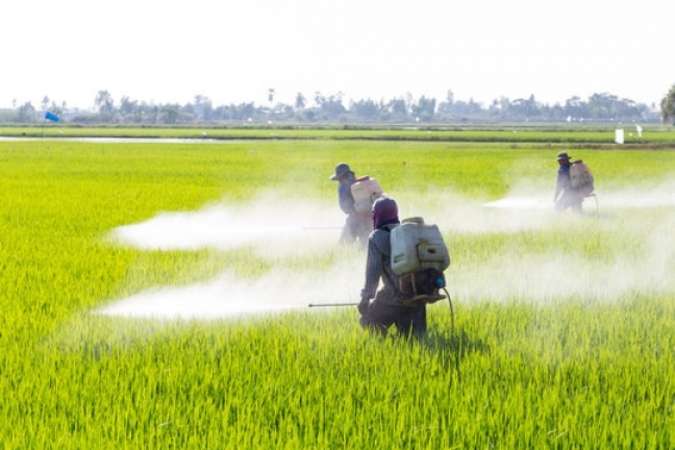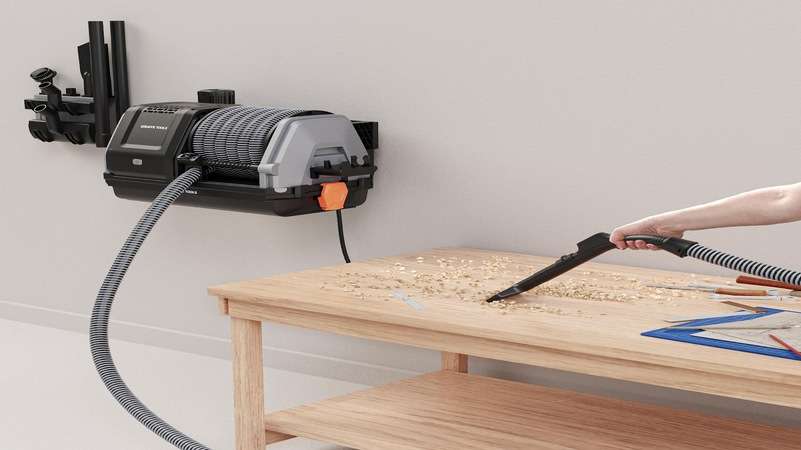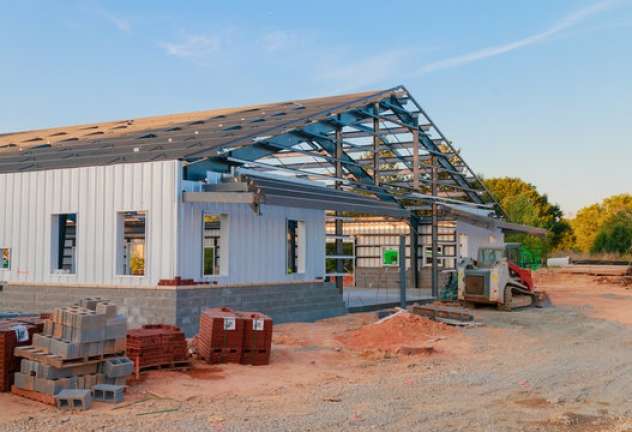Let’s face it: Modern farming is not cheap.
A typical mid-sized John Deere starts in the neighborhood of $300,000. Even a standard utility tractor for everyday moving and loading will set you back $50,000 or so.
Is there any way to save money on farming equipment? Yes! Rather than saddling yourself with huge loans for new equipment, why not seek out used equipment for sale near you?
Here are five tips to help you find high-quality used farming equipment (that won’t break the bank).
1. Consider All Options
When setting your budget, think about both short and long-term goals. Buying used equipment is a terrific investment — if you can afford it.
In some cases, it might make more sense to lease or rent the equipment you need. This is especially true for a short-term project that you’ll complete in a season. There’s no point in paying a fortune for a piece of equipment you’ll only need for a few months.
2. Know Local Regulations
No matter where you live, there are city, county, and state laws that regulate farming activities. As you begin your search for farming equipment, make sure you understand what is and isn’t allowed in your area.
You don’t want to save money on your purchase only to get slapped with fines for violations!
| Read More: Consider When Buying Factory Equipment |
3. List the Features You Need
From farm sprayers to industrial tractors, the list of features, attachments, and functions is virtually endless. You’re unlikely to find a piece of equipment with every feature you could ever want, so make a list of the features you actually need.
For example, is there a particular type of engine, drive, or hitch you need to operate the equipment? Are there certain bells and whistles you can do without? Never assume any feature is included — always double-check with the seller.
4. Identify the Current Machine Hours
Like everything else, farming equipment has a lifespan. In general, once a tractor has passed 10,000 hours of use, you’ll start running into maintenance and repair issues.
Take a close look at the machine hours so you have any idea of how much (or how little) the current owner used it. If it’s been heavily used, you may have more room for negotiation on the price.
5. Perform a Thorough Inspection
Of course, machine hours aren’t the only indicator of the equipment’s lifespan. You also need to consider what it was used for and how well it was (or wasn’t) maintained.
Take it out for a test spin and try every function. Drive it forward and in reverse, paying attention to any strange vibrations or noises. Inspect the engine for any leaks, smoke, or other tell-tale signs of wear and tear.
Save Money with Used Farming Equipment
When it comes to farming equipment, there’s no need to spend a fortune. In many cases, you can buy used equipment for a fraction of the price of buying it new.
Do a quick search for “used equipment near me” and see what’s available in your locale!
After you buy some great used farming equipment, what’s next? Our site has more great tips and advice for you, so stick around and keep browsing!
















